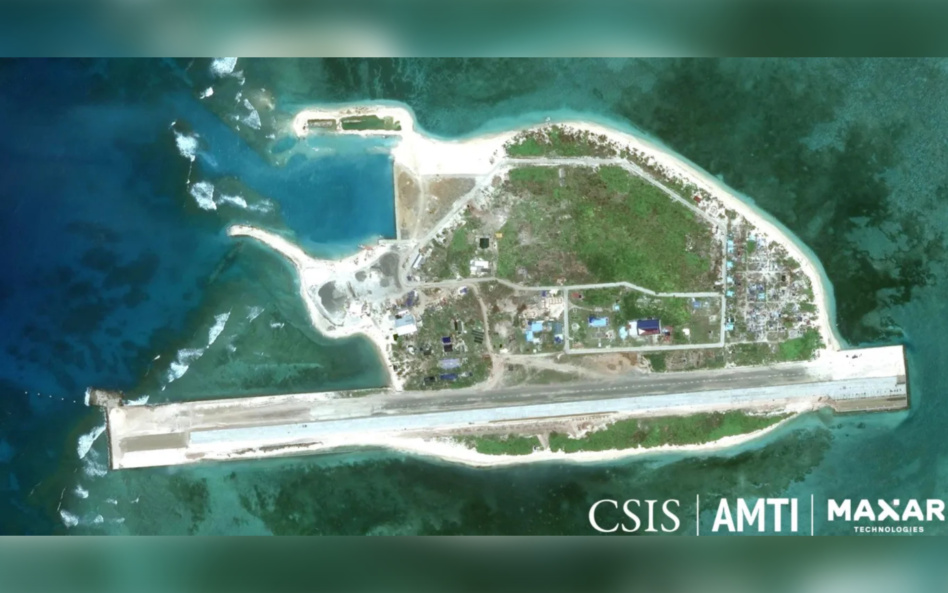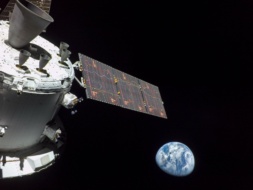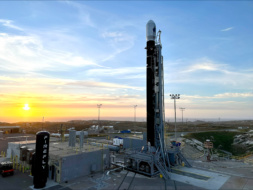Space debris x South China Sea…the crossover nobody asked for.
On Monday, a Philippine military commander accused China of forcibly seizing a big piece of metal—most likely space debris—that the former nation’s navy was towing through the South China Sea. The course of events, per Philippine Vice Admiral Alberto Carlos’s telling:
- Filipino sailors on Thitu island spotted floating debris and set out in a rubber boat to tow it back to the shores. Thitu island is one of many parcels of contested territory in the South China Sea.
- While towing the metal back to Thitu island, a Chinese coast guard vessel pulled up and blocked the Filipino ship.
- Chinese sailors then mobilized in an inflatable ship, approached the Filipino boat, cut the towing line, and whisked away the debris.
Beijing’s take: China’s foreign ministry denied that any forcible seizure took place and that the debris was returned after a “friendly consultation.”
Definitively debris?
China confirmed that the debris was from a launch, but didn’t say which. Three weeks ago, the country launched the final module to complete its space station on a Long March 5B. On Nov. 9, the Philippine Space Agency said it “would like to reiterate its sustained efforts to promote and encourage accountability among nations for objects launched into space,” after debris from 5B was thought to have fallen near its waters.
As the waves subside, let’s dust off our international space law and treaty handbooks, shall we? Informally known as the “Rescue Agreement,” a 1968 UN resolution states that if a space object lands in the territory of another state party, that state is obliged to recover and retrieve the object at the request of the launching authority. The launching state would then pay the affected state for costs associated with retrieval and return of the object.
Wider geopolitical context
The incident occurred hours before US Vice President (and National Space Council Chair) Kamala Harris touched down in Manila for a tête-à-tête with Philippine President Ferdinand Marcos Jr. In a statement, Harris reiterated Washington’s “unwavering commitment” to the Philippines shortly before her meeting with Marcos.




